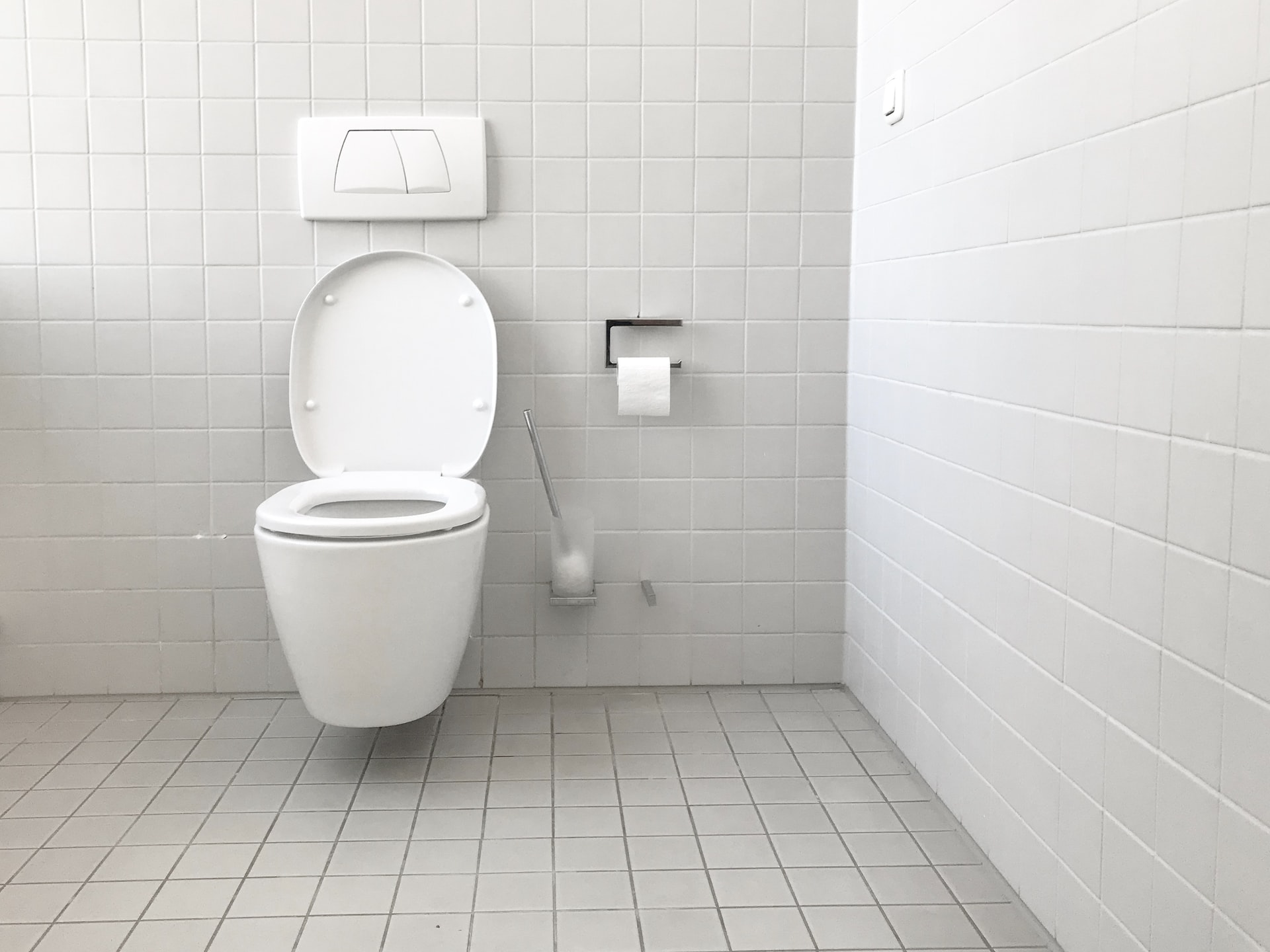
Did you know coronavirus can be contracted through poor toilet hygiene? Well, it’s time to begin to be careful with how we dispose of human waste and how we maintain the hygiene thereafter.
While we know that Coronavirus (COVID -19) cases present largely with respiratory symptoms- cough, difficulty in breathing and fever, some of the cases present with abdominal symptoms like nausea, lack of appetite, loose stool and vomiting.
While Uganda has done quite well, so far, in interrupting the spread of the pandemic, Coronavirus, thanks to timely response by the authorities and the standby public health and medical teams it’s not time to relax, as Rhita Tamale N, the School of Public Health alumnus explains.
Several studies have shown that the corona virus can be shed in stool of an infected person and this can go on for up to five (5) weeks after the symptoms disappear.
Still, scientific studies have illustrated that there is a possibility of generation of bio aerosols from stool during flushing.
This implies that there is a possibility of infection and reinfection if strict hand hygiene after defecation or handling of stool and proper toilet use are not observed by individuals and/ or families.
“While there is no evidence that the virus can be transmitted in sewerage systems or drinking water, improperly washed hands after defecation or fresh stool handing and exposure to aerosols from fresh stool of an infected person pose a risk.,” says Rhita Tamale.
She further observes that in communities (such as slums) where access to water and toilet facilities is a challenge and those that share toilets, transmission rates can possibly be quite high even when social distancing, cough and sneeze etiquette are observed.
“Therefore, lack of water to thoroughly and frequently perform hand hygiene, open defecation and poor waste disposal pose a risk to people in these communities and this can be worsened by a high population density,” she adds.
Aware that this risk might in turn have a serious implication to COVID-19 prevention, Tamale advises emphasis on public health awareness relating to toilet usage and proper sanitation.
“We should ensure strict hand hygiene after stool handling and proper human waste disposal and ensure we cover the toilet before flushing and avoiding use of the toilet immediately after another person,” she says.
The country has since it registered its first case in March not had a single fatality, but rather stable conditions of the few positive cases and the recovery of some.
According to the ministry of health, Uganda recorded a 54th Corona Virus positive case on Sunday, April 12, 2020. This was after carrying out tests on 169 samples at the Uganda Virus Research Institute (UVRI).
The ministry has also announced it discharged four (4) patients who were initially positive for Covid-19, having tested negative, twice after 14 days of treatment. They were discharged from Entebbe Grade B Hospital at the weekend.
The ministry of Health’s Director General Health Services Dr. Henry Mwebesa indicates so far they have tested a total of 5,025 samples for the virus in the country. Meanwhile, a total of 244 individuals remain under institutional quarantine as 654 contacts to the confirmed cases are underfollow-up.
“The remaining 49 confirmed Covid-19 cases are in stable condition at Mulago National Specialized Hospital (20), Entebbe Grade B Hospital (27) one in Adjumani and another in Hoima Hospitals. Uganda has NOT registered any COVID-19 related death,” says Dr. Mwebesa.

